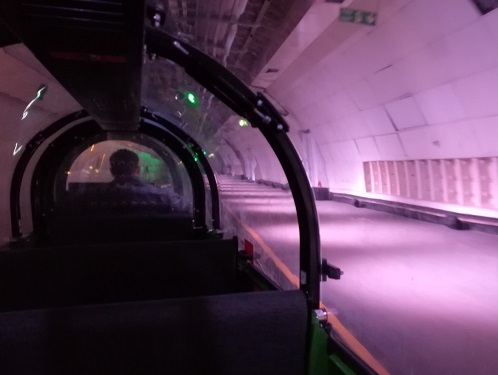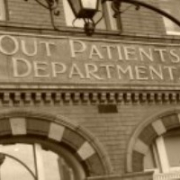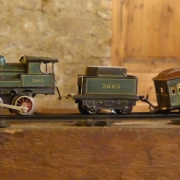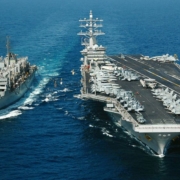HS2 Construction Starts – The Money Pit Gets Deeper
Construction of the HS2 high-speed railway network in England started formally last week. Some will be cheering – not me. At a time when working patterns have been changed because of Covid, perhaps for ever, and everyone is getting used to Zoom, Teams and the like, it seems crazy to be building new rail capacity so businesspeople can go to meetings. Other possibilities such as autonomous road vehicles make also make this very much a 20th century option.
HS2 is basically a job creation scheme, but an incredibly expensive one. The projected cost was initially £1-36 billion, but we’re now looking at £106 billion, incredibly. The National Audit Office (NAO) report in January said this in summary. “In not fully and openly recognising the programme’s risks from the outset, the Department and HS2 Ltd have not adequately managed the risks to value for money”.
Does anyone really think that those “risks to value for money” will be achieved through the rest of the programme? Look at Crossrail, where the project is now three and a half years (at least) behind schedule, and the cost has risen to at least £19 Billion, some £5 billion over budget.
The business case for HS2 was always highly questionable. It relied on ascribing a value to the extra 20 minutes or so the passengers would have because of their somewhat faster journey from London to Birmingham. It assumed that the journey time was “wasted” from a benefit point of view, which is clearly not true (have they never heard of smartphones or laptops?), and also assumed that passengers wouldn’t use the extra 20 minutes by staying in bed a little longer!
This is an example of a vanity-driven Bad Buying project, and there are others described in my new book, Bad Buying – How organizations waste billions through failures, frauds and f*ck-ups, published by Penguin on October 8th (you can pre-order it here). Politicians love to spend money in a way that they feel will provide them a “legacy”, assuming that posterity will thank them for their initiative and forget the huge waste of taxpayers’ money once a few years go by.
Another problem with huge programmes of this nature is the lack of anyone in a controlling position who has a vested interest in really managing costs. The engineering and construction firms are probably smart enough to avoid signing up to onerous fixed price deals, so they would like the construction to go on for ever. Likewise the well paid HS2 staff, including thousands of “contingent labour” workers (including procurement people) no doubt earning a very good day rate. The longer the better for them.
We might assume that the politicians have an interest in managing costs, but the problem here is both the relative timescales and the asymmetry of information. Even the Transport Minister has no idea whether they are being spun a line by the experts who are closely involved in the programme. And most Ministers last less than 3 years in post so they know that they probably won’t be around themselves to carry the can – and later Ministers can blame their predecessor! So who really represents the interests of the poor old taxpayer in this? NAO perhaps, but their reports, although excellent, tend to be put together well after the event.
The only positive I can see is that if I do write a sequel to Bad Buying, I’m sure HS2 will give me some good stories. But I’m not sure that offsets the likely spending of £5,000 for EVERY family in the UK, to build what may well become a major white elephant.










Leave a Reply
Want to join the discussion?Feel free to contribute!